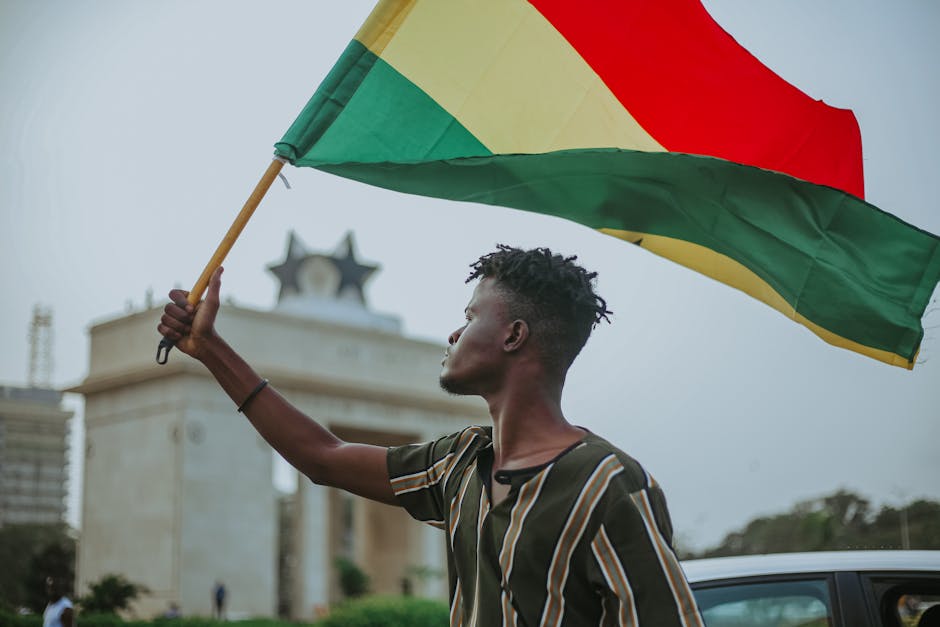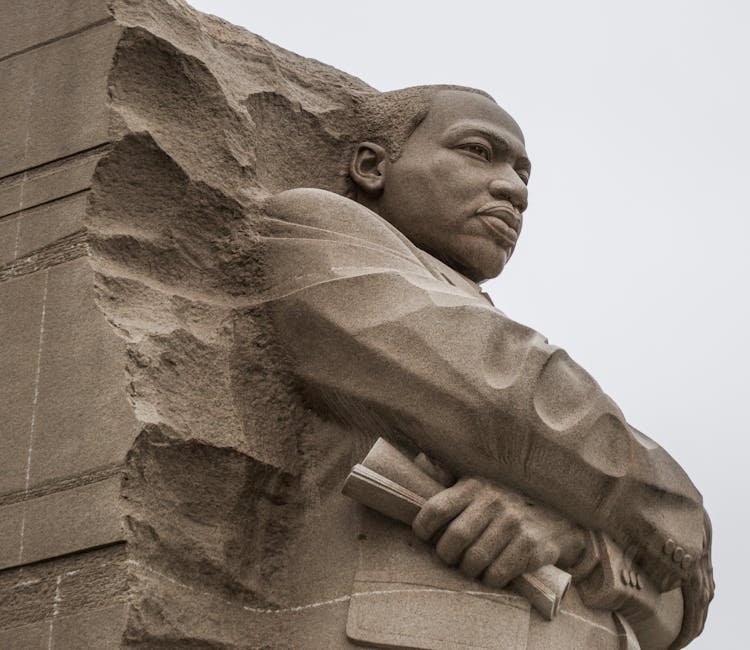


 Venezuela
Venezuela
Venezuela (Bolivarian Republic of) is a beautiful and diverse country located in South America. It is home to some of the world’s most stunning landscapes, from the Caribbean coast to the Andes Mountains. Venezuela is also known for its vibrant culture, with a mix of Spanish, African, and Indigenous influences. Venezuela is an ideal destination for travelers looking for adventure. From trekking through the jungle to exploring ancient ruins, there are plenty of activities to keep you busy. The country also offers great opportunities for wildlife viewing, with many national parks and reserves that are home to a variety of species. The country’s capital city, Caracas, is a bustling metropolis with plenty of attractions and activities. There are also many smaller cities and towns that offer a more laid-back atmosphere. Venezuela has something for everyone, from beachgoers to culture seekers. With its stunning scenery and vibrant culture, it’s no wonder why Venezuela is such a popular travel destination.
Activities: Surfing, Stand-up paddle boarding, Canoeing, Rafting, Snorkeling, Mountain biking, Hiking, Camping, Rock climbing, Safari
Landscapes: Islands, Beaches, Forests, Woodlands, Mountains, Volcanoes, Waterfalls, Rivers, Lakes, Deserts, Canyons
Topics: Nature, Wildlife, Food, Music, History, Festivals, Backpacking, Adventure
Is Venezuela expensive?
Venezuela currency
Bs.S.Venezuelan bolívar soberano (VES)
Weather in Venezuela
The weather in Venezuela (Bolivarian Republic of) is generally warm and humid throughout the year. The average temperature is around 25°C (77°F). The rainy season runs from May to November, with the heaviest rainfall occurring in September and October. During this time, there can be heavy downpours and flooding in some areas. The dry season runs from December to April, with temperatures reaching up to 35°C (95°F). It is important to note that the weather can vary significantly depending on the region you are visiting. For example, the coastal regions tend to be much hotter and more humid than the mountainous regions.
- Yearly temperature range: 22°C - 33°C
- Monthly rainfall range: 28mm - 143mm
- Daily sunshine range: 6h - 9h
Traveling Venezuela
Air Travel
Venezuela has several international airports, including Simón Bolívar International Airport in Caracas and La Chinita International Airport in Maracaibo. Domestic flights are available from a variety of airlines, including Avior Airlines, Conviasa, and LASER Airlines.
FlightsBus Travel
Bus travel is a popular way to get around Venezuela. There are several bus companies that offer services between major cities, as well as smaller towns. Buses are generally comfortable and affordable.
Car Rental
Car rental is available in Venezuela, although it can be expensive. It is recommended to book a car in advance to ensure availability and the best rates.
Car rentalTaxi
Taxis are widely available in Venezuela and can be hailed on the street or booked in advance. Prices vary depending on the distance traveled.
Train Travel
Train travel is limited in Venezuela, but there are some routes available between major cities. Trains are generally slow but reliable.
Is Venezuela safe?
Crime
Venezuela (Bolivarian Republic of) has one of the highest crime rates in the world. Common crimes include robbery, kidnapping, carjacking, and murder. Violent crime is particularly high in Caracas, the capital city. Other cities such as Maracaibo and Valencia also have high levels of crime. In addition to violent crime, there is also a significant problem with drug trafficking and organized crime. The government has taken steps to combat these issues, but the situation remains serious.
Travel advisory
4.1/5Venezuela has a current risk level of 4.1 (out of 5). We advise: Please reconsider your need to travel to Venezuela.Last updated: Thu Mar 23 2023
Health
Vaccinations
It is recommended that travelers to Venezuela be up-to-date on routine vaccinations, including measles-mumps-rubella (MMR), diphtheria-tetanus-pertussis, varicella (chickenpox), polio, and influenza. Some travelers may also need to receive vaccinations for hepatitis A and B, typhoid, yellow fever, and rabies.
Malaria
Malaria is a risk in some parts of Venezuela. Travelers should take preventive measures against malaria, such as using insect repellent and wearing long sleeves and pants at night.
Insect repellentZika Virus
The Zika virus is a risk in Venezuela. Pregnant women should avoid traveling to Venezuela due to the risk of birth defects associated with the virus. All travelers should take precautions to prevent mosquito bites.
Food and Water Safety
Travelers should only drink bottled or boiled water and avoid eating raw or undercooked food. Fruits and vegetables should be washed thoroughly before eating.
Other Health Risks
Travelers should be aware of other health risks in Venezuela, such as dengue fever, chikungunya, and leptospirosis.
Venezuela customs and etiquette
Be Respectful
Be respectful of the local culture and customs, including dress codes and religious beliefs.
Be Courteous
Be courteous to locals and other tourists. Speak in a low voice and avoid loud conversations.
Be Aware of Local Laws
Be aware of local laws and regulations, including those related to photography, public behavior, and drug use.
Respect Nature
Respect nature by not littering or damaging the environment.
Avoid Political Discussions
Avoid political discussions with locals as it can be a sensitive topic.
Be Prepared for Power Outages
Be prepared for power outages as they are common in Venezuela.
TP
Copyright 2023